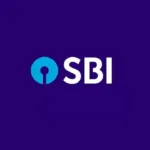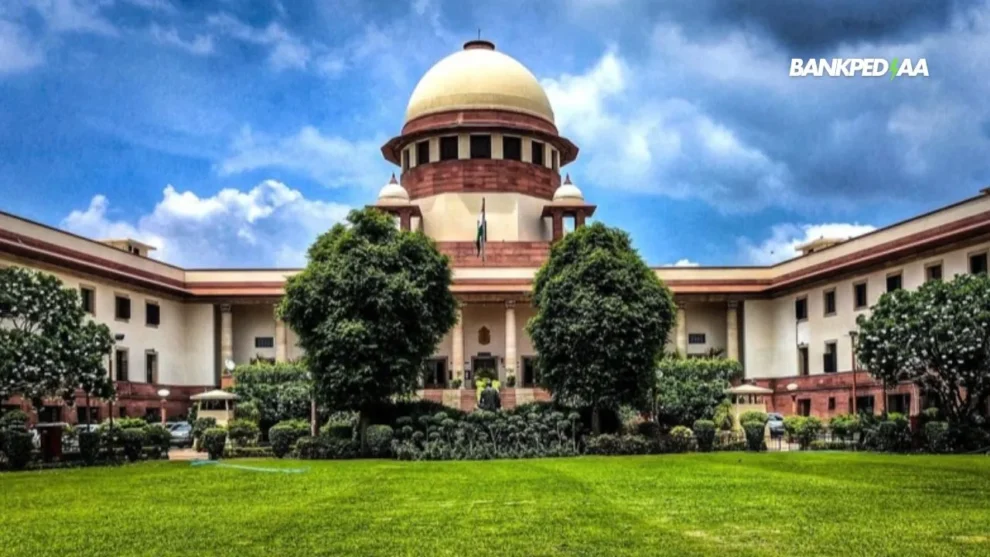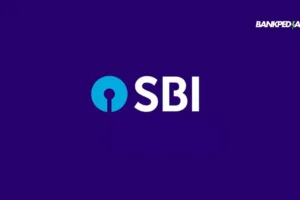In a significant decision, the Supreme Court has provided clarity on the classification of Micro, Small, and Medium Enterprises (MSMEs) loan accounts as Non-Performing Assets (NPAs). The court emphasized that banks must follow stringent procedures before designating an MSME loan account as an NPA, in accordance with the “Framework for Revival and Rehabilitation of MSMEs.”
Key Takeaways from the Judgment
- Mandatory Adherence: Banks must comply with specific procedures outlined in the framework before categorizing an MSME loan account as an NPA.
- Framework Background: The Ministry of MSME introduced the framework on May 29, 2015, to provide a structured approach to addressing financial stress in MSME accounts and promoting their growth.
- Early Stress Detection: Banks are required to identify early signs of financial distress in MSME accounts by categorizing them under three sub-categories in the “Special Mention Account” before declaring them as NPAs.
- Statutory Binding Force: The Supreme Court confirmed that these guidelines have statutory binding force, making it essential for all scheduled commercial banks licensed by the RBI to comply.
- Security Interest Enforcement: If banks or NBFCs fail to follow procedures and proceed with actions under the SARFAESI Act without proper categorization of stress, such actions are deemed impermissible.
- MSME Obligations: MSMEs must produce authenticated documents proving their eligibility under the MSME framework to avoid NPA classification.
- Banks’ Restructuring Duties: The Court clarified that banks must initiate the restructuring process as outlined in the framework, regardless of whether an application is made by the MSMEs.
This ruling highlights the importance of adhering to established guidelines in managing MSME loans and reinforces the rights and obligations of both banks and MSMEs in debt recovery and revival.
















